Enquirer
Greenie
- Aug 16, 2018
- 15
- 12
- Detector(s) used
- Garrett AT Pro
- Primary Interest:
- All Treasure Hunting
IS THIS AN OLD EXPLOSIVE ?
?
I found this in my front yard which is on the former grounds of the antebellum "Belle Meade Plantation" in Nashville, Tn. It was about 12" deep in the ground. It either looks like an old stick of TNT, or perhaps some kind of candle or something. Help would be greatly appreciated. Thanks so much.
 ?
?I found this in my front yard which is on the former grounds of the antebellum "Belle Meade Plantation" in Nashville, Tn. It was about 12" deep in the ground. It either looks like an old stick of TNT, or perhaps some kind of candle or something. Help would be greatly appreciated. Thanks so much.
Attachments
Last edited:


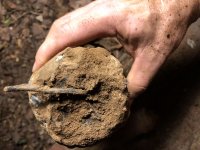
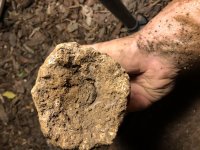
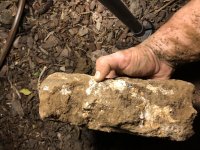
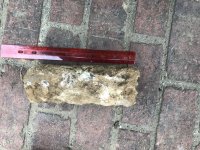
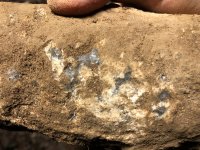
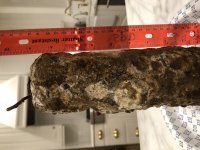
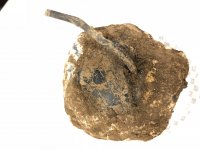
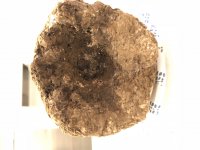
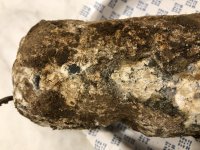
 But seriously whatever it is whatever you do...do not try to light it or zap it with electricity.
But seriously whatever it is whatever you do...do not try to light it or zap it with electricity. 



